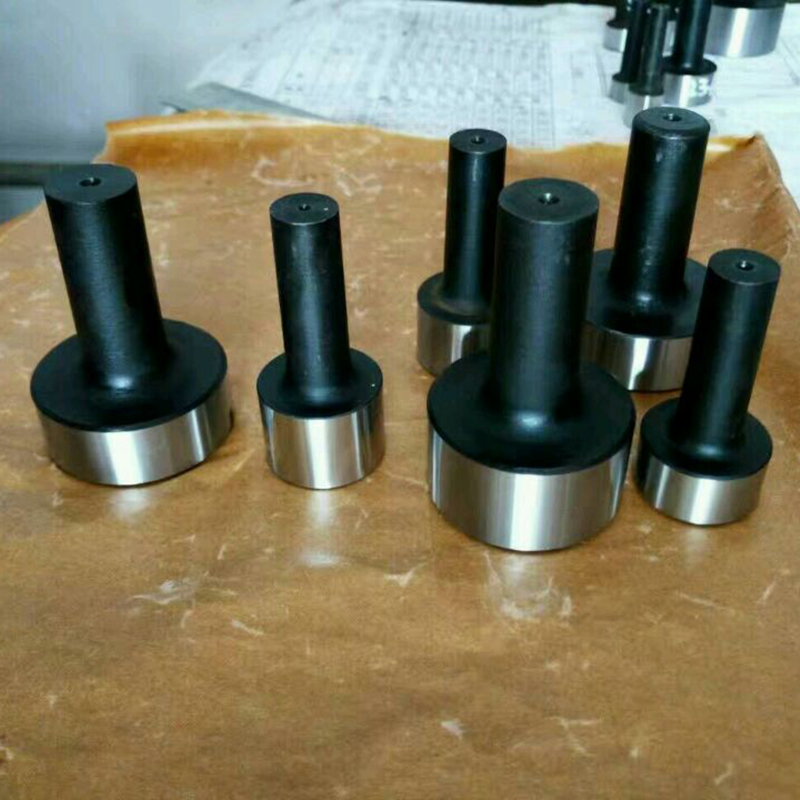Сен . 22, 2024 06:08 Back to list
pin gauge
Understanding Pin Gauges Precision Tools for Quality Control
In the realm of manufacturing and engineering, precision is paramount. One tool that plays an essential role in ensuring this precision is the pin gauge. Known for its simplicity and effectiveness, a pin gauge is a measuring tool used to determine the diameter of holes or the size of slots, making it invaluable in quality control processes across various industries.
What is a Pin Gauge?
A pin gauge, also referred to as a pin micrometer, consists of a series of precision-ground pins of varying diameters. Each pin is typically made from high-carbon steel or stainless steel, designed to withstand wear and tear while maintaining accuracy. The gauges come in sets; each pin represents a specific diameter, allowing engineers and quality control inspectors to quickly identify the size of a particular hole or opening.
Applications of Pin Gauges
Pin gauges are widely used in multiple industrial sectors, including automotive, aerospace, and general manufacturing. They serve several purposes
1. Hole Size Measurement One of the most common uses of pin gauges is to measure the diameter of drilled holes or slots to ensure they meet specified tolerances.
2. Go/No-Go Testing Pin gauges facilitate quick assessment through Go/No-Go testing, where the gauge determines if a feature is within acceptable limits. If a Go pin fits into the hole, it signifies that the size is adequate; conversely, if a No-Go pin does not fit, it indicates the hole is too large or out of specifications.
3. Alignment Checks In addition to measuring holes, pin gauges can also assist in checking alignments. By verifying that corresponding holes or slots match the design specifications, manufacturers can maintain product integrity.
4. Quality Assurance Pin gauges play a key role in quality assurance processes. Regular checks using these tools help prevent defects and ensure that components are produced consistently within specified tolerances.
pin gauge

Advantages of Using Pin Gauges
The use of pin gauges offers several advantages
- Simplicity Their uncomplicated design makes pin gauges easy to use, requiring minimal training for operators.
- Cost-Effectiveness Pin gauges are relatively inexpensive compared to more complex measuring instruments, making them an economical choice for businesses of all sizes.
- Portability Most pin gauge sets are compact and can easily fit into toolkits, allowing for on-the-go measurements in various production environments.
- Durability Made from high-quality materials, pin gauges are built to last, providing accurate measurements over extended periods.
Maintenance and Calibration
To ensure the longevity and accuracy of pin gauges, proper maintenance is essential. Regular cleaning and storage in a protective case prevent damage from environmental factors. Additionally, periodic calibration against a standard reference ensures that the measurements provided will remain reliable over time.
Conclusion
In summary, pin gauges are indispensable instruments in quality control and precision measurement. Their ease of use, reliability, and durability make them a favorite among engineers and quality inspectors alike. As industries continue to evolve, the pin gauge will undoubtedly maintain its critical role in ensuring that products meet the highest standards of quality and precision. Whether in high-stakes fields like aerospace or everyday manufacturing, the humble pin gauge stands as a testament to the importance of measurement in modern engineering practices.
-
Why Metric Trapezoidal Thread is Ideal for Precision Motion ControlNewsAug.05,2025
-
The Unique Properties of a Block of Granite for Industrial UseNewsAug.05,2025
-
The Role of Flanged Y Strainers in Preventing Pipeline ClogsNewsAug.05,2025
-
The Importance of Regular Calibration for Master Ring GagesNewsAug.05,2025
-
How a Cast Iron Surface Table Enhances Accuracy in ManufacturingNewsAug.05,2025
-
Comparing Different Check Valve Types for Optimal Flow ControlNewsAug.05,2025
Related PRODUCTS









